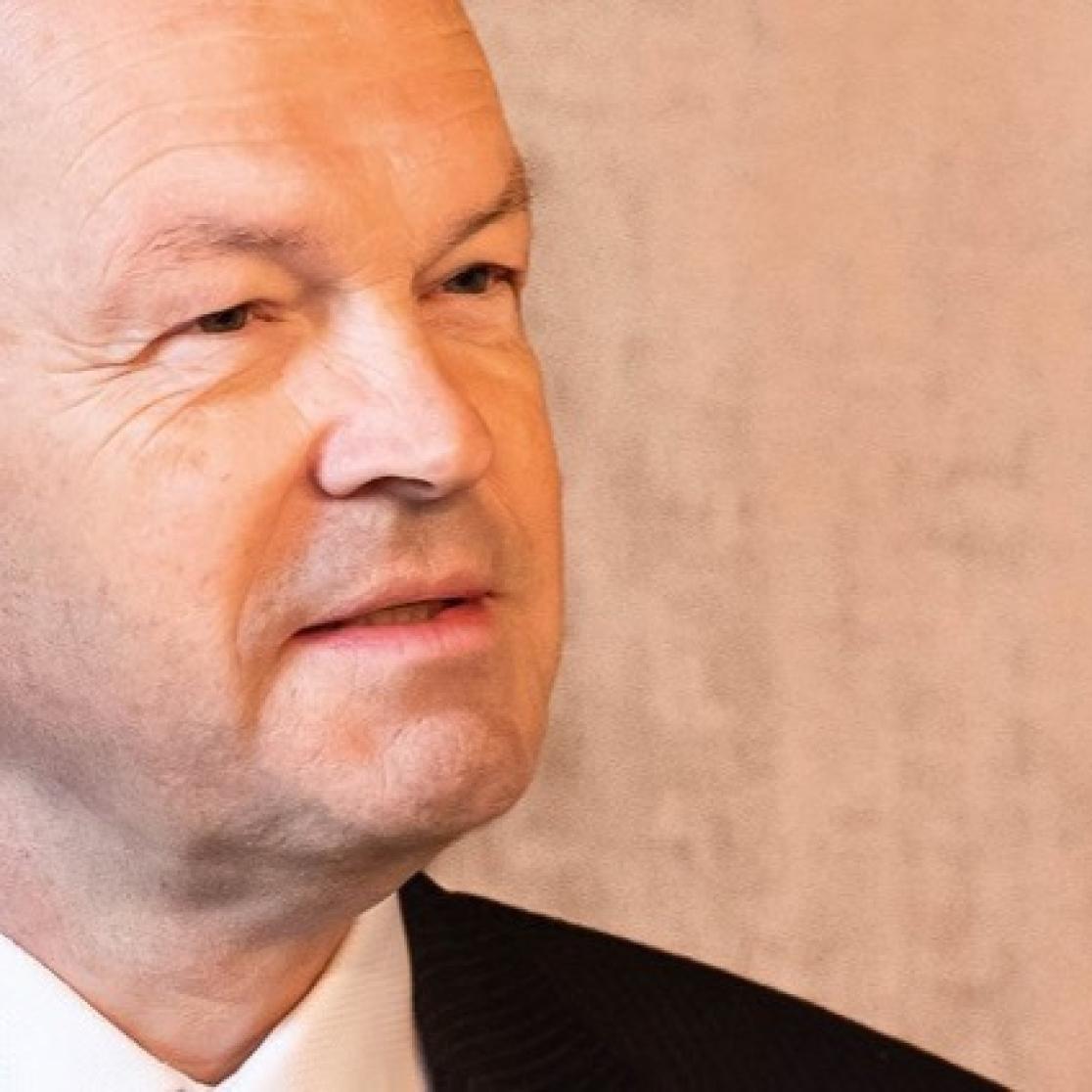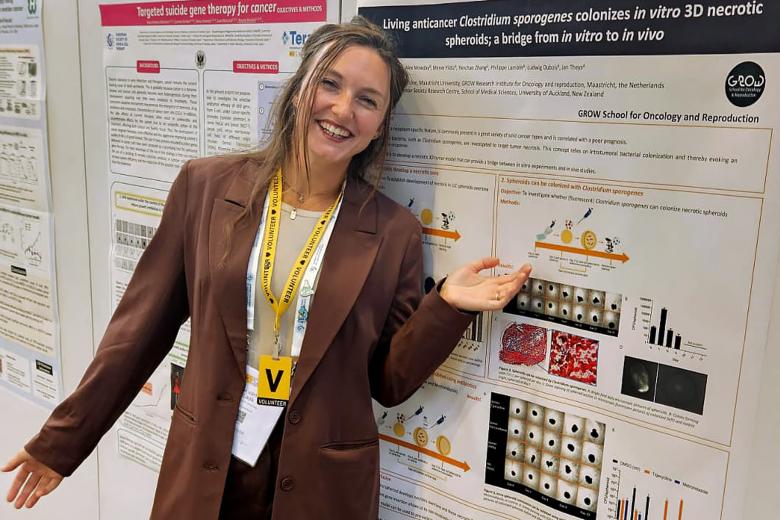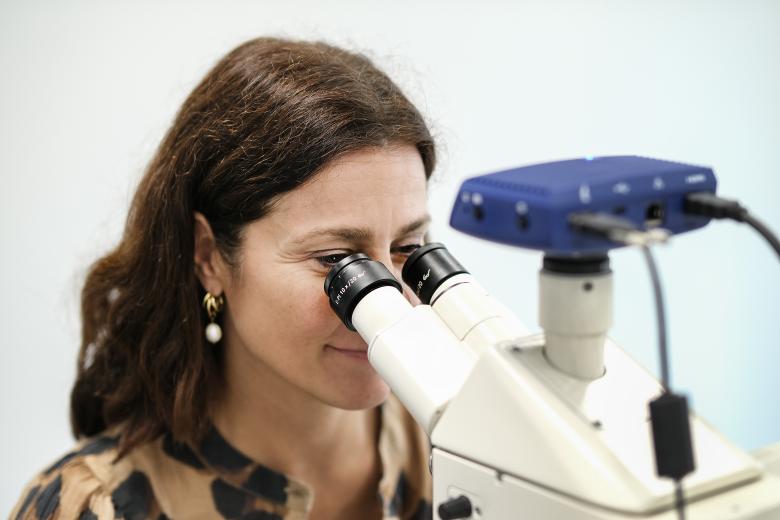Nutrition as medicine for heart failure in diabetes
Treat heart failure in type 2 diabetes with simple nutritional supplements? That seems too easy to be true, but researchers at Maastricht UMC+ have discovered that a particular mixture of amino acids could provide a cure for diabetic heart failure. A crucial step in addressing a problem facing a growing group of patients.
Diabetes is one of the most common diseases: 1.5 million Dutch people suffer from diabetes, increasing by 1,000 patients added every week. Between 50% and 70% of diabetes patients have impaired heart function, or diabetic heart failure.
Heart failure due to unhealthy lifestyle
Type 2 diabetes is almost always the result of an unhealthy lifestyle. After years of research, the Maastricht researchers succeeded in accurately mapping how an unhealthy lifestyle with lots of fatty foods affects the heart. In the process, they discovered that a certain protein in heart muscle cells plays a central role in heart failure. In the healthy heart, this protein is important for the energy management of the heart, but if too much fat is ingested with the diet, this protein no longer functions properly and heart failure occurs.
Amino acids
Researchers also discovered that several amino acids are able to restore the functioning of this protein, giving them the idea of adding these amino acids to the diet as a supplement to restore the pumping function of the affected heart. Results from an experimental study with laboratory animals with diabetic heart failure, showed that when these amino acids were administered, heart function did indeed recover after four weeks. This research was funded by ZonMw and its results were published last year in the authoritative journal Molecular Metabolism.
Nutrition as medicine
Amino acids are part of our daily diet and thus should be able to be used as a nutritional supplement to prevent or treat diabetic heart failure. We then speak of food as medicine, or nutraceuticals. In follow-up studies, the researchers will examine whether these amino acids also improve heart function in patients with diabetic heart failure.
Balance theory
The basis for this discovery was laid some 20 years ago by biochemist and cell biologist Prof. Dr. Jan Glatz, who retired in 2021. He supervised the latest research and sees this discovery as a reward after years of work: "My colleagues and I have unraveled the function of proteins in cardiac muscle cells step by step. This began in 2004 with the balance theory, the hypothesis that the heart functions properly only when there is a certain balance in the consumption of fatty acids and glucose in the energy system. This hypothesis turned out to be correct, and we discovered that certain proteins can influence this balance. That a simple combination of amino acids can again influence the function of such a protein and thus can now possibly be used as a medicine is a spectacular next step.
I look forward with enthusiasm to the follow-up research!

Award
During the annual congress of the Society for Heart and Vascular Metabolism (SHVM) in Seoul, South Korea, Glatz received the William C. Stanley Award. He received this award for his outstanding contribution to scientific knowledge in the field of cardiac energy metabolism. The SHVM was founded in 2001 with the goal of stimulating the exchange of knowledge between researchers working in the field of cardiovascular metabolism. This is done by organizing an annual congress in which young researchers participate alongside experienced researchers. Over the past twenty years, SHVM has contributed significantly to our current understanding that disturbances in the energy management of the heart are one of the main causes of cardiovascular disease. The William C. Stanley Award, named for the founder of the SHVM, is intended for researchers who have made outstanding contributions to this knowledge.
Dit bericht is gebaseerd op een nieuwsbericht van het Maastricht UMC+.
Also read
-
GMO bacteria to target tumours
PhD candidate Jella van de Laak on how a genetically modified bacterium fights solid cancer tumours at their oxygen-deprived core.

-
Fresh air
Newly appointed professor Judith Sluimer (CARIM) talks about oxygen in heart functioning and the 'fresh air' the academic world needs.

-
GROW research: all-in-one test for genetic defects in embryos🧪
Researchers at Maastricht UMC+ and GROW have developed a technique that can analyse the entire genome in a single test, allowing for faster determination of embryos suitable for successful pregnancy.
